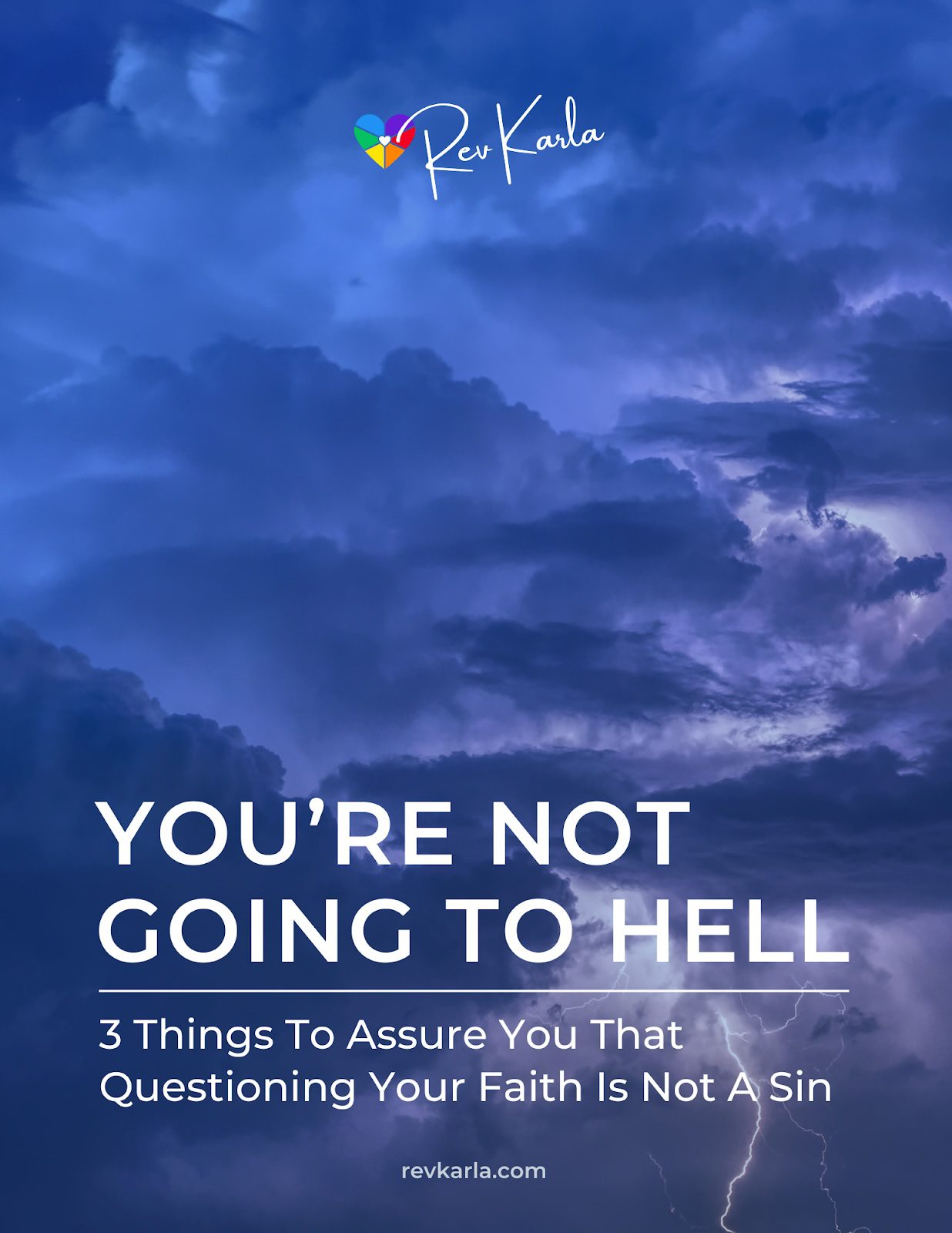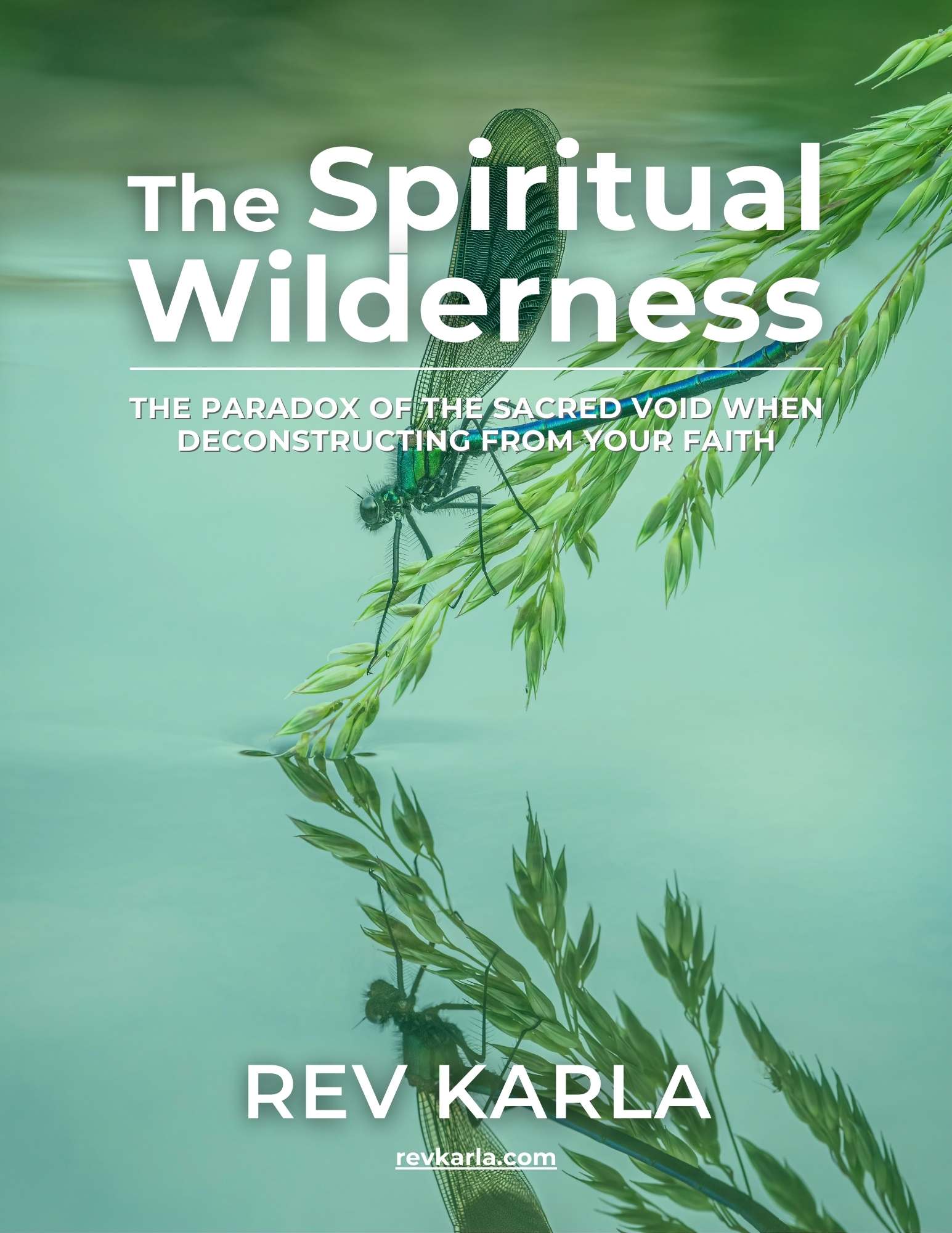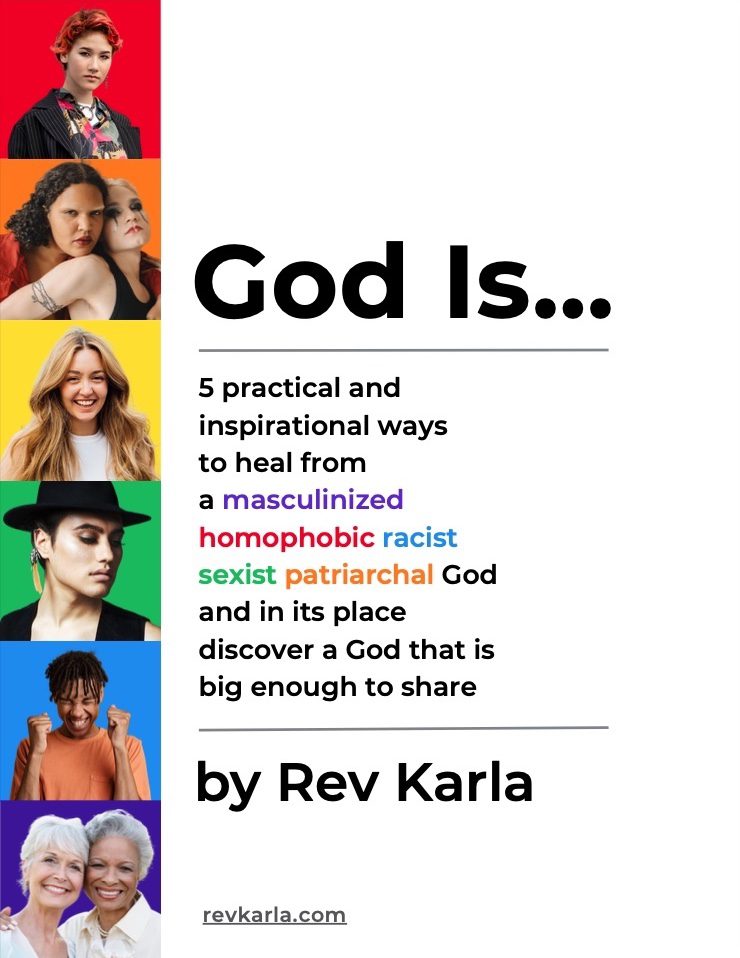Rev Karla's Book
Deconstructing
Leaving Church,
Finding Faith
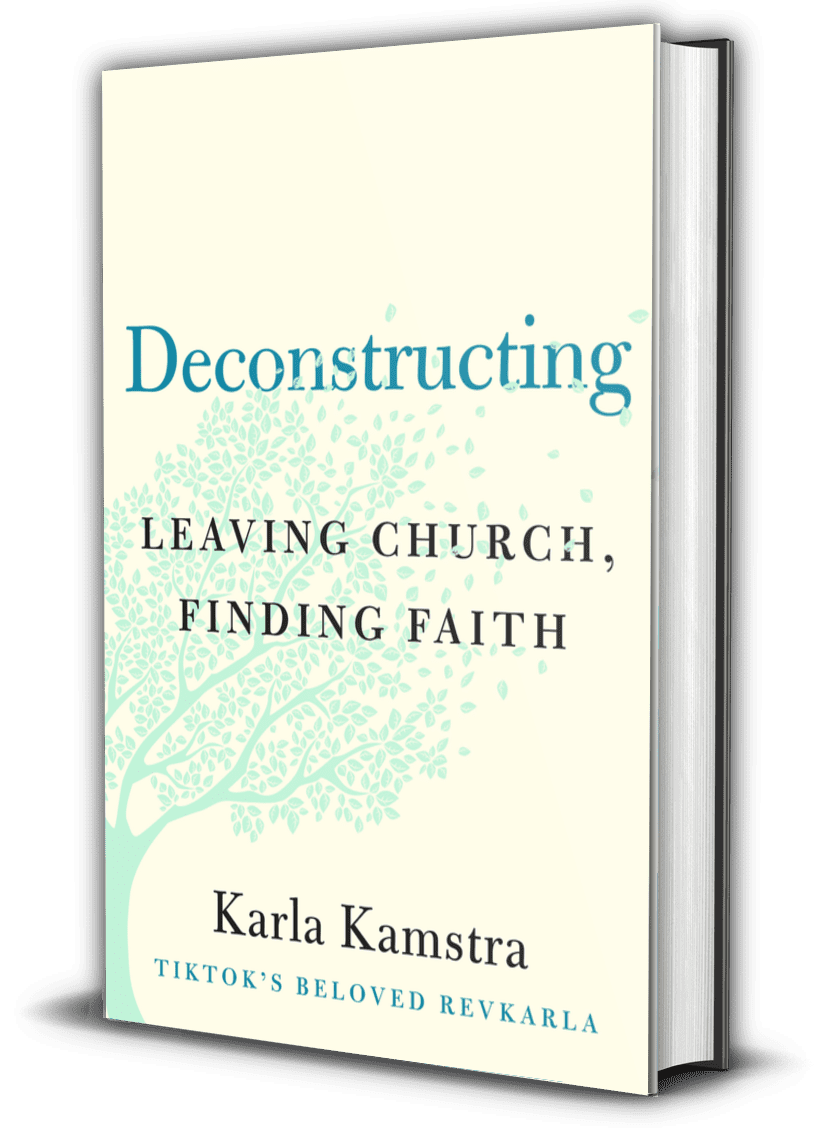
For those healing from religion, questioning, or simply redefining what matters now:
You Belong Here
Leaving religion—or even beginning to question it—can feel overwhelming. Toxic theology and harmful teachings don’t simply disappear when you walk away. They linger in our bodies, our relationships, and our sense of self.
This is a space to name those wounds and begin healing. Whether you still seek spirituality or prefer not to, you are welcome here. What matters most is reclaiming your humanity, your autonomy, and your inner wisdom.
Here, we talk honestly about:
- The impact of religious trauma and toxic theology
- How patriarchal and authoritarian systems shaped our beliefs
- What it means to live with compassion, curiosity, and integrity outside of organized religion
This isn’t about quick fixes or easy answers. It’s about creating space for honesty, connection, and the courage to create a more compassionate world—together. You are not alone.
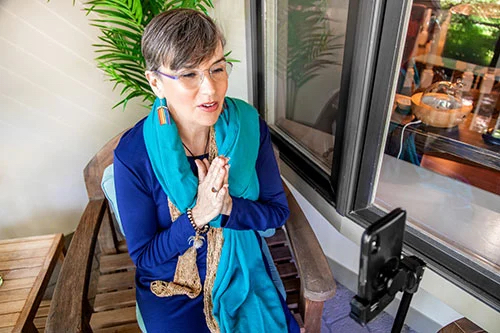
Rev Karla's Latest Podcast Episode
How to Connect with Rev Karla
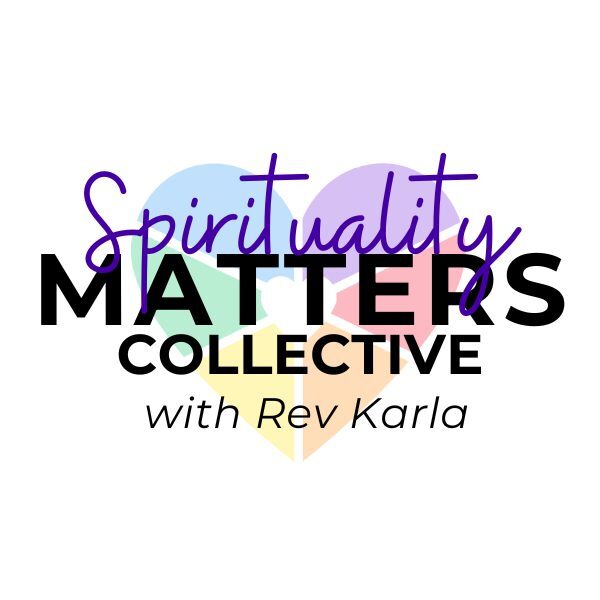
Spirituality Matters with Rev Karla
Spirituality Matters with Rev Karla is where I write about deconstructing, reclaiming your spirituality, healing from patriarchy, and confronting the dangers of Christian nationalism. And when we need a break from the noise, I offer teachings from the soul to nurture and inspire.
On Substack, you’ll find:
- Weekly writings and videos that challenge harmful systems and invite reflection
- Teachings on healing, spirituality, and living with compassion outside religion
- A community space for deeper conversations, Q&A lives, and connection with me directly
- Commenting and discussion where you can ask questions and engage with others
Rev Karla's Spiritual Resource Guides
You're Not Going to Hell
The Spiritual Wilderness
God is...
3 things to Assure You That Questioning Your Faith Is Not A Sin
The paradox of the sacred void when deconstructing from your faith
Five ways to heal from masculinized, homophobic, racist, sexist, patriarchal God and discover a God that is big enough to share.

